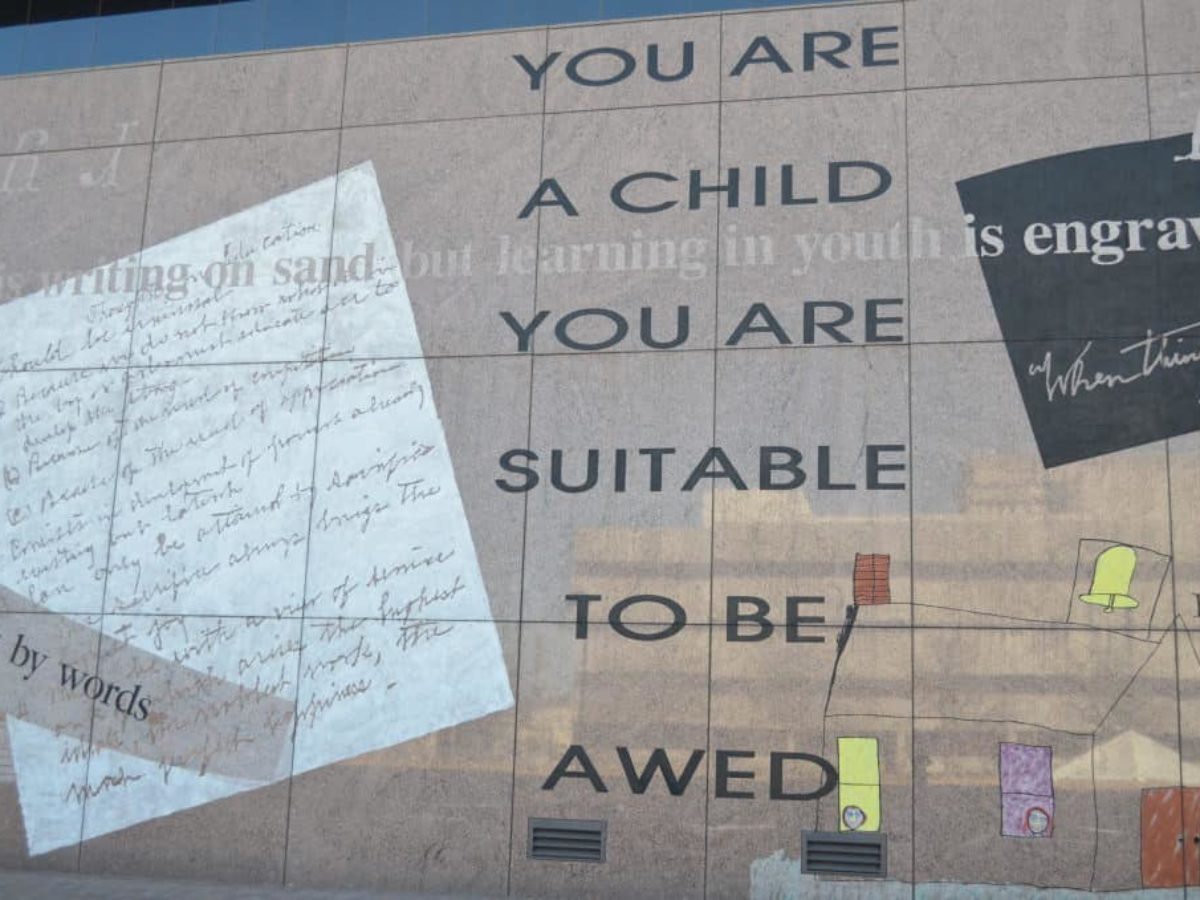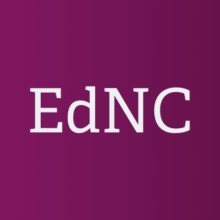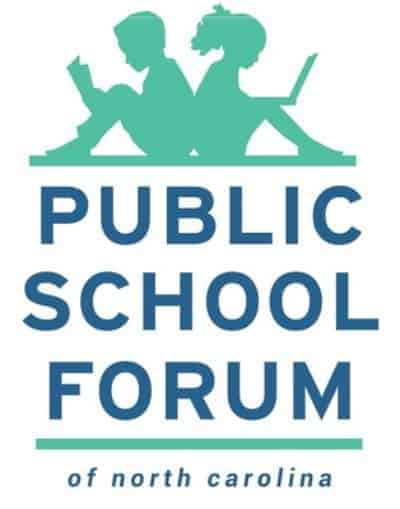

The following is a press release from NC Public Schools
Students in schools across North Carolina this week are participating in an “Hour of Code,” a centerpiece of Computer Science Education Week running through Friday, to spark their interest in the high-demand field of computer technology.
State Superintendent of Public Instruction Catherine Truitt got a first-hand look at one such Hour of Code today at A.B. Combs Elementary School in Raleigh, where students in Chelsea L’Heureux’s “Imagineering Class” were engaged in online coding lessons. During class, students learned about the importance of coding and how computer science skills are more in-demand within the workforce than ever before.
Today’s lesson included sharing with students both the importance of being proficient in writing and reading code. Students had a chance to put their skills to the test in an online game provided through www.hourofcode.com
“By 2040, nearly 70 percent of jobs will require some knowledge of computer science,” Truitt said. “We want to set North Carolina students up for success by introducing them to the technology and skills, like coding, that are expected for in-demand jobs. If we can expose students at an early age to computer science skills, it will help us to close workforce gaps and ensure we are preparing students for 21st century workforce needs.”
Computer science as a discipline in North Carolina’s public schools is gaining new momentum with the creation of a new division focusing specifically on the subject and to provide instructional support to educators across the state. Truitt won support for an expanded Computer Science initiative from the General Assembly, which included $750,000 in this year’s budget to fund five new positions and $2.5 million allocated to professional development for teachers.
Previously, the Department of Public Instruction has been able to provide only limited support to teachers and schools with professional development for computer science through grants and local funding. With the new appropriation for a separate division, DPI will be able to broaden its reach to more schools and ensure that every middle and high school student has access to a qualified teacher in computer science.
The establishment of the new division follows several years of efforts to strengthen computer science instruction. The State Board of Education in August 2020 approved the state’s first-ever standards in the discipline, joining 34 other states that have taken a similar step.
Mary Hemphill-Joseph, former director of K-12 Computer Science & Technology Education who is now director of DPI’s Academic Standards Division, said at the time: “We want to be sure that when we graduate students using these K-12 standards that they’re ready to be employed, that they’re problem solvers and solution seekers who can make North Carolina better.”
Careers in computer science in North Carolina have outpaced the state’s supply of qualified workers. In the past five years, tech industry jobs have grown by 18% in the state, which ranks NC seventh for the highest growth rate in the nation and well above the national average of 8.9%. North Carolina currently has more than 40,000 unfilled computer science-related jobs that average six-figure salaries, equating to billions in untapped wages. With the investment in the current state budget, the department will now be able to address the pipeline issues found across North Carolina.
Programs like those at A.B. Combs Elementary School are intended to open students to the potential opportunities of computer science through coding activities and to lay a foundation for future study in middle and high school.
The Hour of Code started as a one-hour introduction to computer science, designed to demystify “code,” to show that anybody can learn the basics, and to broaden participation in the field of computer science. It has since become a worldwide effort to celebrate computer science, starting with 1-hour coding activities but expanding to all sorts of community efforts.


